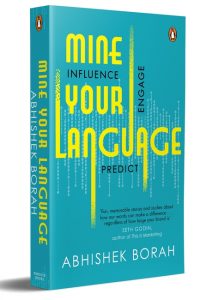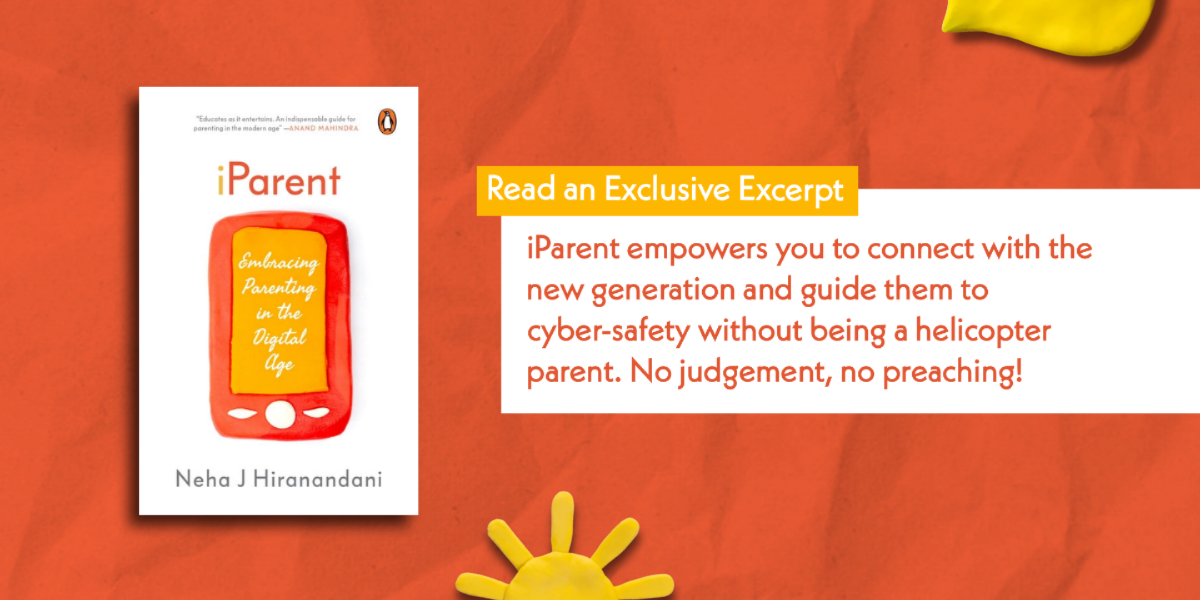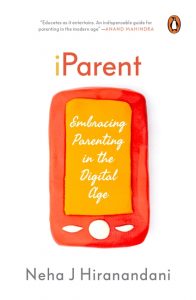Get ready to unearth the gold in your language arsenal with Mine Your Language by Abhishek Borah, where the power of words can make your brand go viral. This book uncovers how the words we choose can either make or break a company’s success. With insights into the marketing tactics, and social media strategies of top brands like Toyota and Tesla, as well as tips on understanding customer reviews, this book is your go-to guide for using language to connect with consumers and drive business growth.
Read this exciting story of how Oreo became an overnight Twitter sensation during the Super Bowl.

***
For a while now, digital communications have emerged as one of the most important means for brands to engage with customers. Brands increasingly use social media marketing, brand communities and buzz agents to build brands. Anecdotal evidence suggests, however, that a growing number of consumers have become disenchanted and have grown suspicious—if not tired—of digital communications and online advertisements. Many firms utilize personal data collected from their online users to target and personalize ads. This has led many consumers to find such ads intrusive, annoying, creepy and tiresome.
To help overcome this consumer annoyance, fear and fatigue, I, along with a set of friends who are also my co-conspirators in several research papers, explored the potential of ‘improvised marketing interventions’ (IMI) on social media. By ‘IMI’, we meant an impromptu, humorous, timely and unanticipated social media message from a brand that capitalized on an external event not connected to it—such as the Luis Suárez incident. We examined thousands of messages on X to see if tweets with the characteristics of an IMI could excite audiences and generate virality for the brand. ‘Virality’ means the number of retweets or shares received by the IMI on X.
We focused on X as it allowed us to capture a rich dimension of virality via retweets. Retweeting in X is a social phenomenon where users take a message someone else has posted and rebroadcast the same message to their followers. Unlike Meta (or Facebook), X is a one-way directed social network. On X, a user A ‘following’ user B does not imply that B ‘follows’ A. This unidirectional network structure suggests that a retweet is more credible, diffuses beyond the original user’s network, and is probably read more than a typical tweet because it is pre-screened and shared by a user who is followed. Though there are other forms of engagement on social media, such as likes and comments, which proxy for various engagement measures, we focused on virality. Our main goal was to enable managers to improve the effectiveness of sharing a brand’s digital communication on social media.
One brand that took advantage of the Super Bowl blackout was Oreo. When the entire Mercedes-Benz Superdome lost power for over thirty minutes, American football fans across the US took to social media to pass the time. Unexpectedly, Oreo, a popular cookie brand, filled the void within moments of the power outage, Oreo tweeted, ‘Power out? No problem’, along with a starkly lit image of a solitary Oreo cookie. The caption read, ‘You can still dunk in the dark.’ This now-famous tweet received 15,000 retweets in the eight hours after they posted it, creating significant publicity for Oreo at minimal expense. By contrast, a Super Bowl ad slot costs an average of $4.5 million. And this is an average. There are ads that cost much more. Amazon’s ninety-second commercial, Before Alexa, aired during Super Bowl LIV, is the most expensive Super Bowl commercial, along with Google’s commercial Loretta, which aired during the same Super
Bowl. Both cost a whopping $16.8 million. Oreo’s tweet cost the company almost nothing compared to the two above.
So, how did Oreo win the Marketing Super Bowl? One important phenomenon that Oreo used to its advantage is the modern consumer’s propensity to use multiple devices, known as ‘multiplexing’. Sports fans now, often, use not only the TV but also their smartphones and tablets to keep abreast of what is happening. Gone are the days when the only source of entertainment was the television. Oreo’s fifteen-person social media team realized they could catch the attention of these multiplexing fans when the Blackout happened. Their social media team, consisting of copywriters, artists and a strategist, was ready to react online to whatever happened in the Super Bowl within ten minutes—whether it was an amazing touchdown or, in this case, the lights going out. The team reacted quickly, and boy, did it pay dividends!
‘The new world order of communications today incorporates the whole of the way people are interacting with brands right now,’ said Sarah Hofstetter, former CEO of digital marketing agency 360i, which handled game-day tweeting for Oreo, in an interview with Wired. ‘Once the blackout happened, no one was distracted—there was nothing going on. The combination of speed and cultural relevance propelled it to the forefront.
Similarly, Snickers, the chocolate bar brand, used the Suárez ‘Bitegate’ incident to showcase its cheeky brand of humour. The Snickers social media team was one of the first to call Suárez out on X, posting an image of a half-eaten Snickers bar with the slogan: ‘More satisfying than Italian’. The post generated about 17,700 likes and 1500 comments. Snickers was rewarded with 43,000 retweets in the next twenty-four hours and 38.7 million earned media impressions in two days with no paid media behind it. Again, no high television advertising costs, just like the Oreo tweet.
***
Get your copy of Mine Your Language by Abhishek Borah wherever books are sold.









